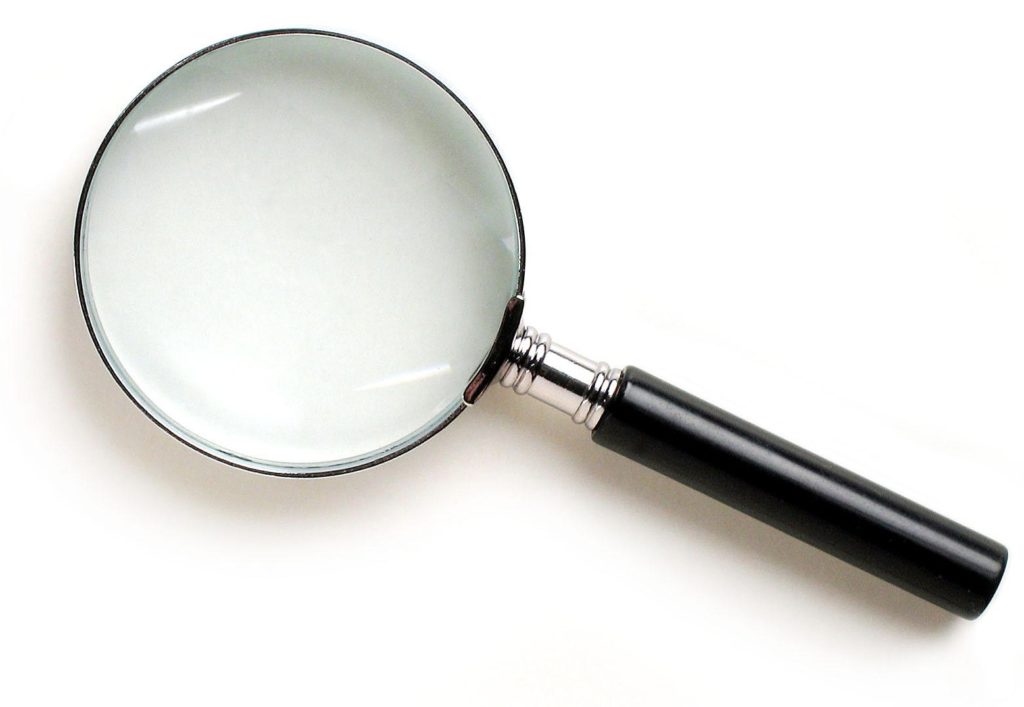During my ongoing journey as an executive leader for an international organisation. I’ve been able to see a lot of things related to leadership quite differently. From the unexpected discovery that my strengths could be leveraged into super strengths. To realising that my own natural curiosity would always be rewarded.
However, and especially in the last year. I’ve come to understand that one crucial leadership skill is often overlooked and overrated. It is time management and self-discipline regarding time. Let’s find out how time management can make or break aspiring leaders.
Your time is a non-renewable resource
People can always be trained, upskilled or hired. Money can always be borrowed, created or made. Physical resources can always be found somewhere, hired or purchased. Time, however, is constant for all of us. Whoever we are and wherever we are; there are only 24h in a single day and 365 days in a year. This may seem like a lot at first glance, but it isn’t. Just think that at roughly half of that time will be spent sleeping, eating and taking care of oneself. Extra time will be taken by leisure, holidays and personal time.
The time that remains must be divided into what I call short-range items and long-range items. Short-range items are tasks like replying to emails, regular catch-up with team members, recurring tasks and deliverables. Long-range items are big pieces of work that required focused time and energy. They could be crunching a new dataset and drawing conclusions from it. Writing a strategic plan for your organisation or brainstorming ideas and tactics etc. These long-range items will define your reputation and stature as a leader.
The bad news is that delivering them require significant chunks of focused time. Juggling between these two items is a skill in itself. The good news is that you can identify how much you spend on each.

Your calendar can make or break you
It is hard for me to believe that for a very long time, I didn’t rely on a calendar and organised my time in my head. Because I had so few of them, I was never really late for appointments or meetings. However, this could only work for so long and back at University I started keeping a basic paper calendar of sorts. It is only after working in the corporate sector that I began the habit of keeping an online calendar. The habit stuck with me when I left the company I was working for. Right now, if an appointment isn’t in my calendar, it doesn’t exist.
Additionally, keeping a calendar can help you plan and identify other demands on your time. Last year, I started to add travel times to/from meetings in my calendar. Surprise, surprise, I suddenly knew why I somehow seemed to always waste time earlier that same year. On some days, I spent hours travelling on public transport. Did this help me in my role as a leader? Not at all, and during this time I wasn’t leading or doing anything productive.
My coach Samir invited me to take calendar scheduling to the next level. Firstly, by deciding what to do each day in advance and by allocating certain tasks to certain days of the week. Secondly, by scheduling tasks directly in my calendar in effect by combing my calendar and my ‘to-to’ list. This is one of the methods that Elon Musk uses to manage his time. Doing it to this level is still a bit too structured for me. Though as the demands on my time grow, I am increasingly open to the idea of doing this more.
Do more with focused time
While this structured method can be rigid. It has one huge positive effect; it will help you stay focused on the task at hand. It is very easy to get distracted nowadays, probably easier for leaders than for the average person in fact. Why? Because of notifications, emails and the need to keep track of multiple projects happening at the same time. Glancing at emails can quickly become a bad habit and checking how a campaign is doing a social media can be a slippery slope to distractions. This slowly but surely eats into time that should be spent focusing on long-range items.
The good news is that it is very easy to get more focused when doing a task or even generally. Switching off all unnecessary notifications on your phone can do wonders. I deliberately have never switched on audio notifications on my phone, this way I don’t get distracted by WhatsApp messages or even by phone calls. If something is important, the caller will leave me a voicemail or send me a text.

One of the most powerful focused-time techniques I’ve used recently is the Pomodoro technique for time-management. All you need is either a kitchen tomato timer, a phone app or even an online timer (I use this one daily). Time 25 mins and focus on a single task only and have a short break between 25mins intervals. Seeing the clock winding down in the background will give you extra focus by adding a sense of urgency. The breaks will clear-up your mind and allow to plan ahead for the next interval.
An ongoing journey
For me, time management is a continuing journey. I am better than I was a year ago but not as good as I would like to be still. Poor discipline regarding time still reduces my effectiveness on some days. Sometimes, saying yes to too many things still results in days spend doing short-range tasks only and a lot of travel in between them. The good news, however, is that managing your time better is possible and even easier than you think. Good luck with your time management journey!